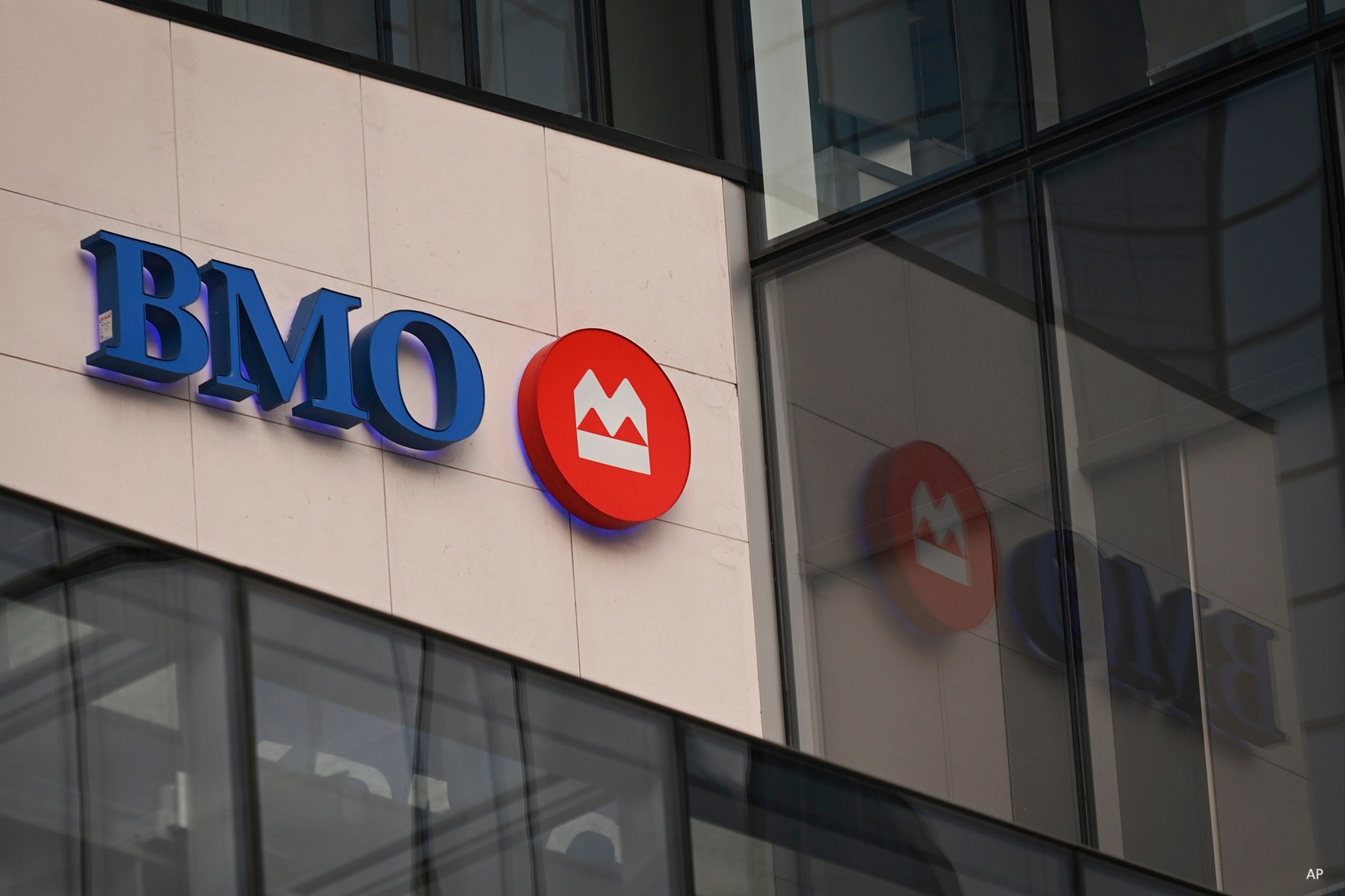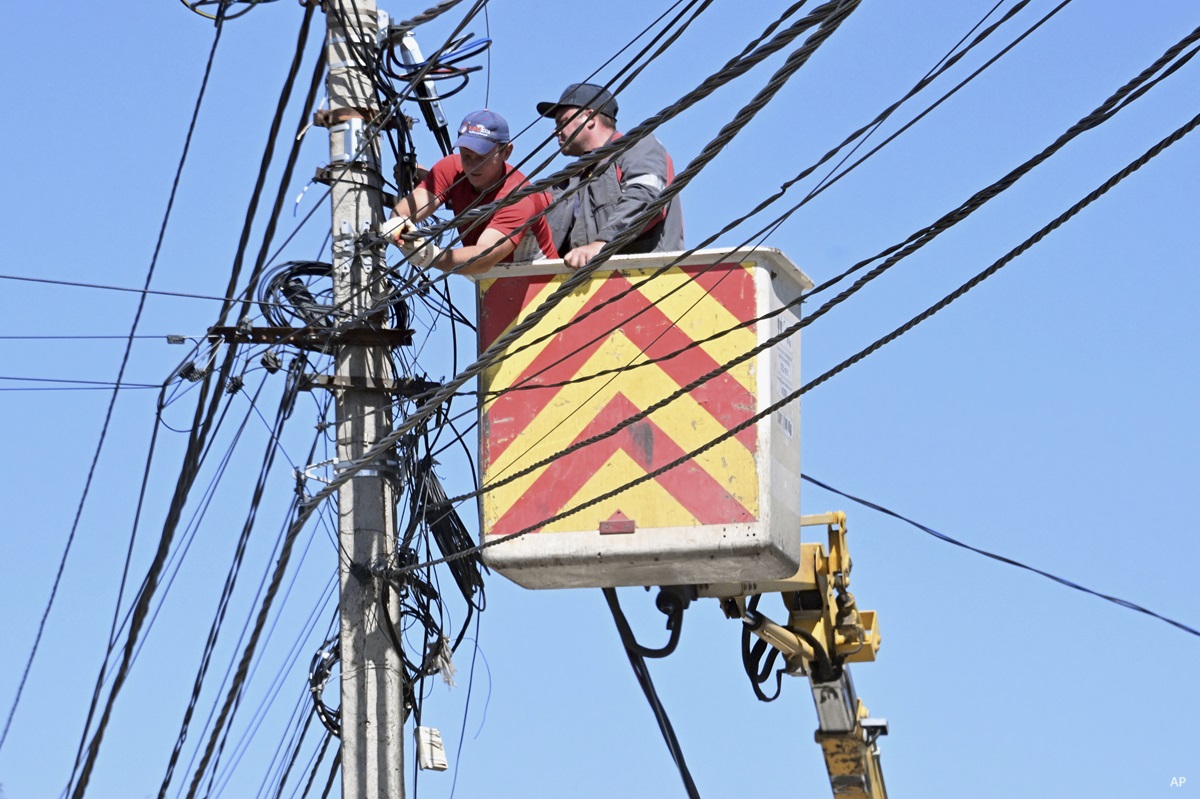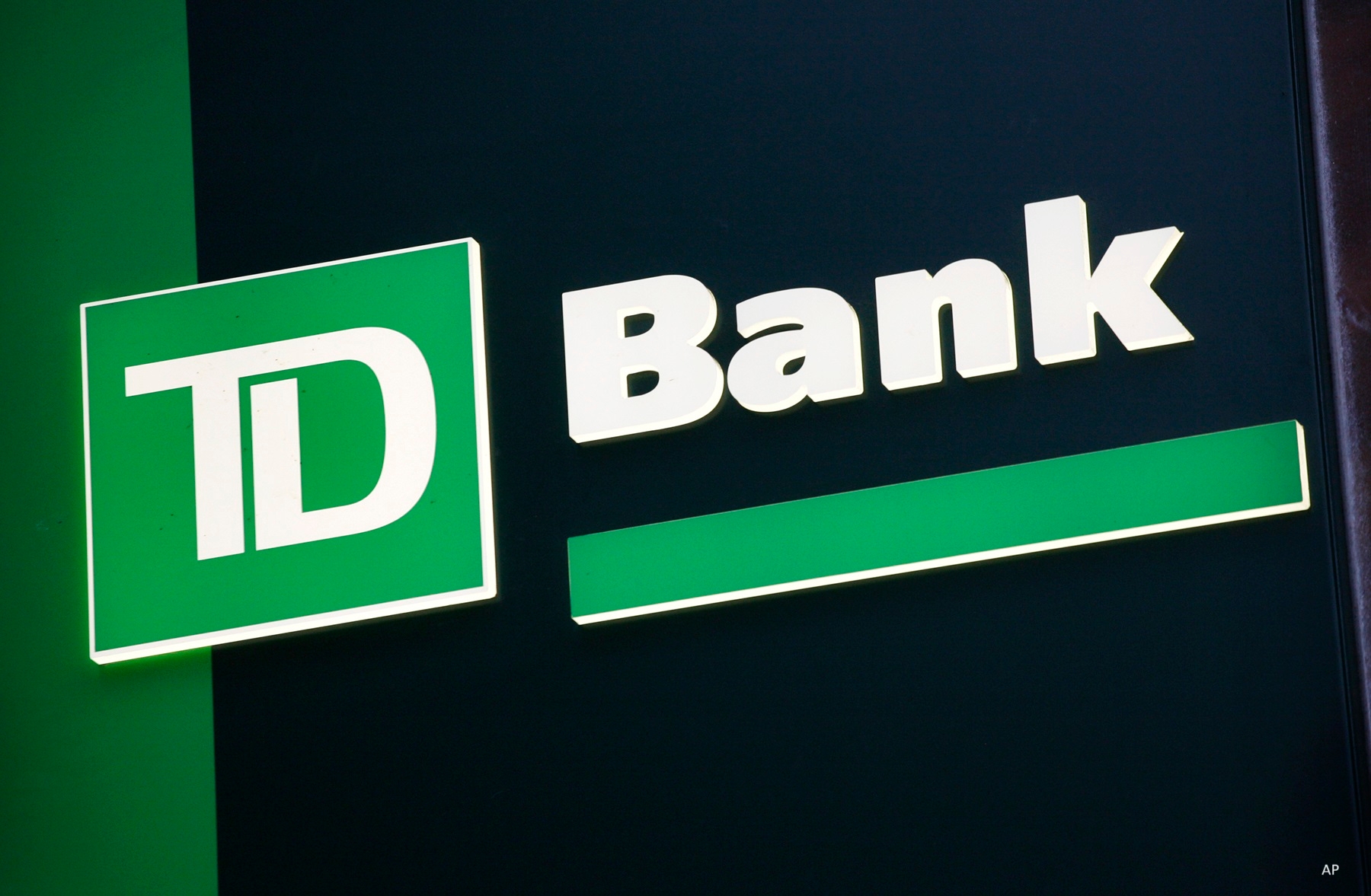With less than a month to go before the end of 2018, all indications point to the TSX ending the year in the red. Buffeted by the recent market weakness, the S&P/TSX Composite index is down 5% for the year to date, as of November 27. Meanwhile, the S&P 500 eked out a modest 2% gain for the same period, and is likely to end the year in the green.
A tepid 2018 after a blockbuster 2017 is a sobering reminder that volatility is an inextricable part of the investing game. Investors should temper their emotions when things get choppy, and should rein in their enthusiasm when equity markets are going gangbusters.
Thankfully, Canadian investors only need look in their own backyard to find some attractive picks supported by strong fundamentals. Select domestic stocks in Morningstar’s Canadian equity coverage universe appear unreasonably undervalued, driven by short-term market sentiment or underappreciated potential. The price disconnect detracts from the fact that these companies have undeniable prospects for sustained growth, supported by healthy product demand, durable business, pricing power, and competitive advantage. As a result, these stocks are currently trading far below their fair value, offering a margin of safety and significant odds for value appreciation, according to Morningstar equity research.
| Cameco Corp | ||
| Ticker: | CCO | |
| Current yield: | 0.64% | |
| Forward P/E: | 135.14 | |
| Price: | $15.60 | |
| Fair value: | $25.5 | |
| Value: | 39% discount | |
| Data as of Nov. 26, 2018 | ||
The first of these is ![]() Cameco Corp. (CCO). One one of the world's largest uranium producers, Cameco refines and sells uranium to nuclear power reactors around the world.
Cameco Corp. (CCO). One one of the world's largest uranium producers, Cameco refines and sells uranium to nuclear power reactors around the world.
Cameco shares are depressed as a result of weakness in uranium prices which have declined each year from 2011 to 2017, weighed down by the current supply glut caused by delayed Japanese reactor restarts. However, this situation is about to change, with uranium prices having climbed 40% higher than a year ago.
“We expect global uranium demand to rise roughly 40% by 2025, a staggering amount for a commodity that saw next to zero demand growth in the past 10 years,” says a Morningstar equity report, noting that the market is mispricing Cameco due to fears of softening Chinese demand. “China’s structural slowdown portends the end of a decade-long boom for most commodities-- but not for uranium [which] offers a rare growth opportunity in metals and mining.”
Much of this growth, the report says, will be driven by China’s pivot to nuclear in order to reduce the country's heavy reliance on coal. Additional growth will be supported by new reactors in India, South Korea, and Russia, as well as restarts in Japan.
“The mined supply of uranium will struggle to keep pace amid rising demand and falling secondary supplies,” says Morningstar equity analyst, Kristoffer Inton, who forecasts a cumulative supply deficit to emerge by 2023.
The shortfalls will begin to drive price negotiations as early as 2019, since utilities tend to secure supplies three to four years in advance. Inton, pegs the stock’s fair value at $25.5, and forecasts uranium prices to rise to US$65 by 2021 from US$29 in early 2018.
| Air Canada Class B | ||
| Ticker: | AC | |
| Current yield: | - | |
| Forward P/E: | 7.75 | |
| Price: | $27.41 | |
| Fair value: | $35 | |
| Value: | 22% discount | |
| Data as of Nov. 26, 2018 | ||
Canada’s largest airline, ![]() Air Canada (AC) serves nearly 50 million passengers annually, and provides 1,500 daily flights to around 200 destinations. The company rang up a staggering $16.3 billion in total revenue in 2017, rising almost 11% from the year before.
Air Canada (AC) serves nearly 50 million passengers annually, and provides 1,500 daily flights to around 200 destinations. The company rang up a staggering $16.3 billion in total revenue in 2017, rising almost 11% from the year before.
Part of a duopoly in regional air travel, Air Canada operates within the constraints of steep government fees and taxes, reliance on U.S. transborder travel, and a small market size. Recognizing that this environment isn’t conducive to significant economic profits, the carrier has been trying to boost returns through cost savings.
The company has been making a push for globalization while ramping up capacity through its low-cost arm, Rouge.
In another move to increase cash flow, Air Canada is working to juice up its loyalty program by acquiring the Aeroplan loyalty program, effectively adding 5 million new members and $1.4 billion in added value. “Acquiring Aeroplan allows Air Canada to capitalize on highly favorable loyalty program economics, with operating margins approximating 60%,” says Danny Goode, equity analyst at Morningstar.
Goode assesses the stock’s worth to be $35, implying a meaningful upside potential. He projects a 6% consolidated revenue growth over the next five years and operating margins to average 7.9% through 2022.
| TransCanada Corp | ||
| Ticker: | TRP | |
| Current yield: | 5.2 | |
| Forward P/E: | 13.83 | |
| Price: | $53.12 | |
| Fair value: | $72 | |
| Value: | 26% discount | |
| Data as of Nov. 26, 2018 | ||
Canadian infrastructure giant, ![]() TransCanada (TRP) operates pipeline and power generation assets across North America. The company has a natural gas pipeline network of more than 67,000 kilometres, including the Keystone Pipeline system. It also owns or has stakes in 20 power-generation facilities.
TransCanada (TRP) operates pipeline and power generation assets across North America. The company has a natural gas pipeline network of more than 67,000 kilometres, including the Keystone Pipeline system. It also owns or has stakes in 20 power-generation facilities.
TransCanada boasts $37 billion in commercially secured capital projects in its growth portfolio, highlighted by the Keystone XL, which could boost cash flows and the balance sheet. “With TransCanada’s plan for the Keystone XL to solely serve the U.S. Gulf Coast, the project has contracts for 93% of its targeted capacity,” says Morningstar equity analyst Joe Gemino, who forecasts the project to be operational in the second half of 2021. “The legacy Keystone pipeline will serve the U.S. Midwest, providing a more attractive market with higher netbacks for producers' spot production.”
TransCanada also offers an attractive dividend, “driven by a healthy pipeline of growth opportunities,” says a Morningstar report, projecting TransCanada to meet its targeted 8% to 10% annual dividend growth over the next three years.
“The time is right for long-term investors to capitalize on the stock’s considerable upside while collecting a steady stream of growing income,” Gemino argues.
TransCanada’s stock has fallen more than 13% over the past few months. Gemino chalks it up to market placing undue focus on less important and transient issues, overlooking the big picture. “A perfect storm of outside factors--rising interest rates, uncertainty over the status of Keystone utilization, and the Federal Energy Regulatory Commission’s proposed tax disallowance, coupled with increasing leverage associated with the current investment cycle--has driven the stock lower,” says Gemino, who puts the stock’s fair value at $72 and sees “plenty of upside for investors.”










:quality(80)/cloudfront-us-east-1.images.arcpublishing.com/morningstar/5WSHPTEQ6BADZPVPXVVDYIKL5M.png)



:quality(80)/cloudfront-us-east-1.images.arcpublishing.com/morningstar/Q3KIND5VXRCNHHH6JQHCCYBSSA.png)







